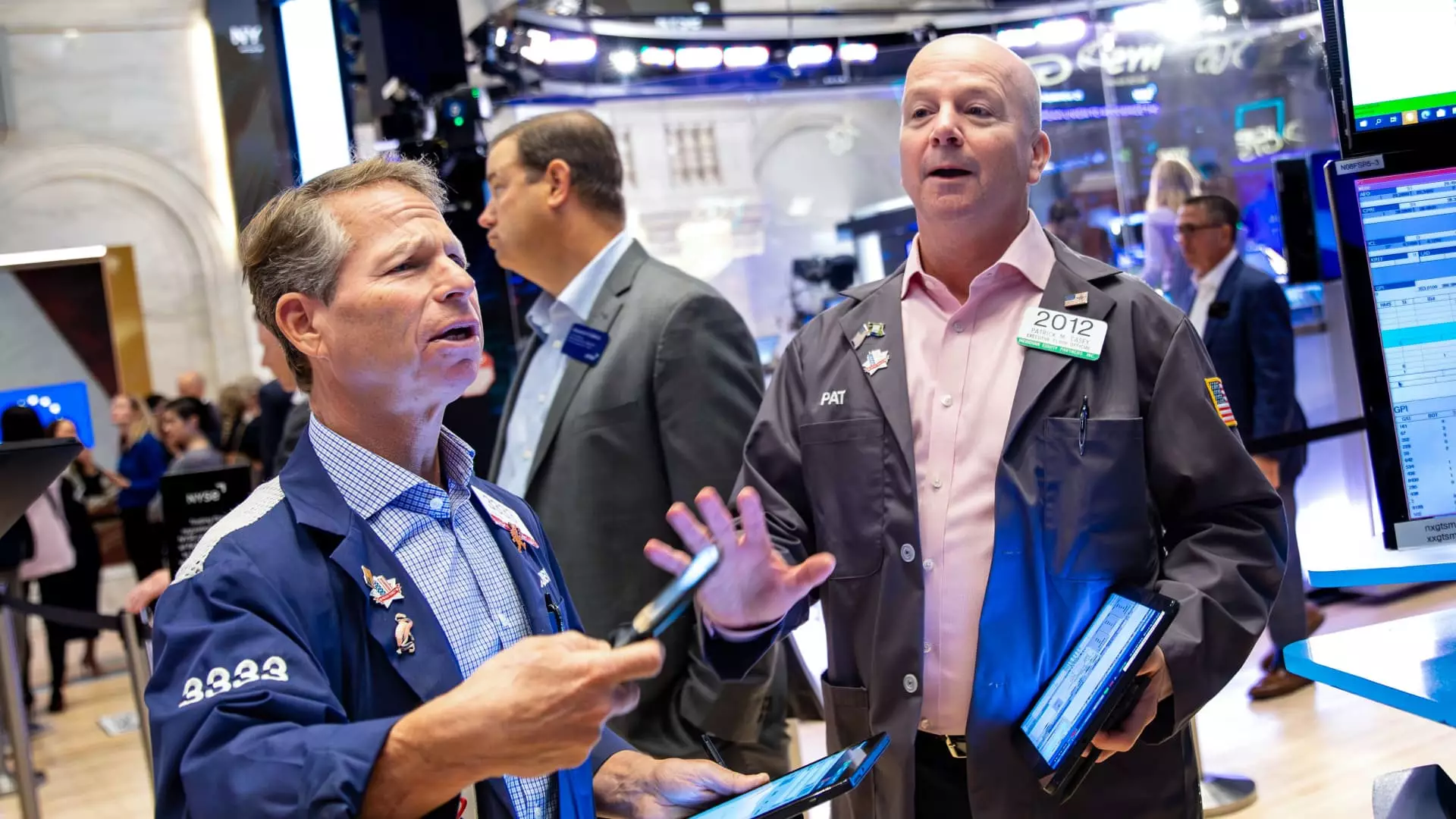Understanding the Current Geopolitical Risks and Market Strategies

In recent weeks, investors have been drawn to the concerning increase in geopolitical tensions, particularly in the Middle East involving Israel and Iran. This volatile situation is compounded by the ongoing conflict in Ukraine and rising tensions in the South China Sea. Renowned policy expert Simeon Hyman from Proshares Advisors notes that these factors culminate to present the most significant geopolitical risks seen in the last half-century. As markets react, investors are propelled into a frenzy of reassessment and strategic planning to navigate these uncertain waters.
The call for a cautious investment strategy echoes louder as the specter of conflict looms. Hyman emphasizes the importance of bonds as a safe haven during such tumultuous times. With the looming threat of a U.S. port strike and a consequential jobs report due, shifting focus towards fixed-income investments appears wise. Hyman’s assertion reflects a broader sentiment among financial analysts who recognize the need for guaranteed income amidst anxiety over potential market upheaval.
The geopolitical environment is receiving increased scrutiny as Terry Haines of Pangaea Policy highlights the risks that have seemingly gone underappreciated by the market. The tensions between Israel and Iran, coupled with ongoing global conflicts, pose risks that investors cannot afford to overlook. Haines warns that the potential for deterioration in these crises has escalated sharply, emphasizing that investors should start factoring in the probable responses from the U.S.—especially regarding defense spending and stockpiling.
The implication of this is significant; companies involved in defense, such as Lockheed Martin, Raytheon, and L3Harris, have seen a notable uptick in stock prices. This suggests that investors are beginning to position themselves for what may come. The interconnectedness of global events and their direct impact on U.S. defense policy cannot be understated; as tensions heighten, the defense sector is likely to remain in the limelight.
Shifting focus away from traditional sectors, the biotech field presents a potentially lucrative avenue, specifically through ETFs like iShares Biotechnology (IBB) and SPDR S&P Biotech (XBI). Scott Ladner from Horizon Investments identifies opportunities within this sector, particularly as it intersects with advancements in artificial intelligence. Ladner suggests that although the biotech sector is sensitive to economic indicators—especially interest rates—the potential for AI integration could drive significant growth.
He notes the precarious relationship between rate cuts and sector performance, voicing concerns that an overly slow economy could hinder further gains in biotech. This highlights an intriguing duality where investors must balance the inherent risks of geopolitical tensions with the growth potential of innovative sectors like biotechnology.
Amid the geopolitical and economic upheaval, shipping stocks have demonstrated surprising resilience. Current disruptions along the U.S. East and Gulf Coast ports due to a longshoremen’s strike have created unanticipated opportunities for shipping companies. Investors appear to view these companies as beneficiaries of altered supply routes, potentially allowing for increased shipping rates from retailers eager to adapt to the new logistics landscape.
By capitalizing on the present chaos, these stocks reflect a unique case where adversity leads to opportunity. Such scenarios are essential for investors to keep in mind as they navigate the prevailing economic climate, emphasizing the need for agility and proactive strategies in response to evolving circumstances.
As geopolitical tensions continue to manifest into tangible market conditions, investors face the daunting task of re-evaluating their strategies. The insights provided by financial experts call for a balanced approach that includes safe havens like bonds, strategic positioning in defense stocks, and tapping into innovative sectors such as biotech. The current landscape stands as a reminder of the volatility inherent in global markets—hence, a thorough understanding and readiness to pivot can determine investment successes in these uncharted waters. Ultimately, the need for vigilance and adaptability cannot be overstated; as history shows, the most successful investors are those who can wisely read the signs of the times.





